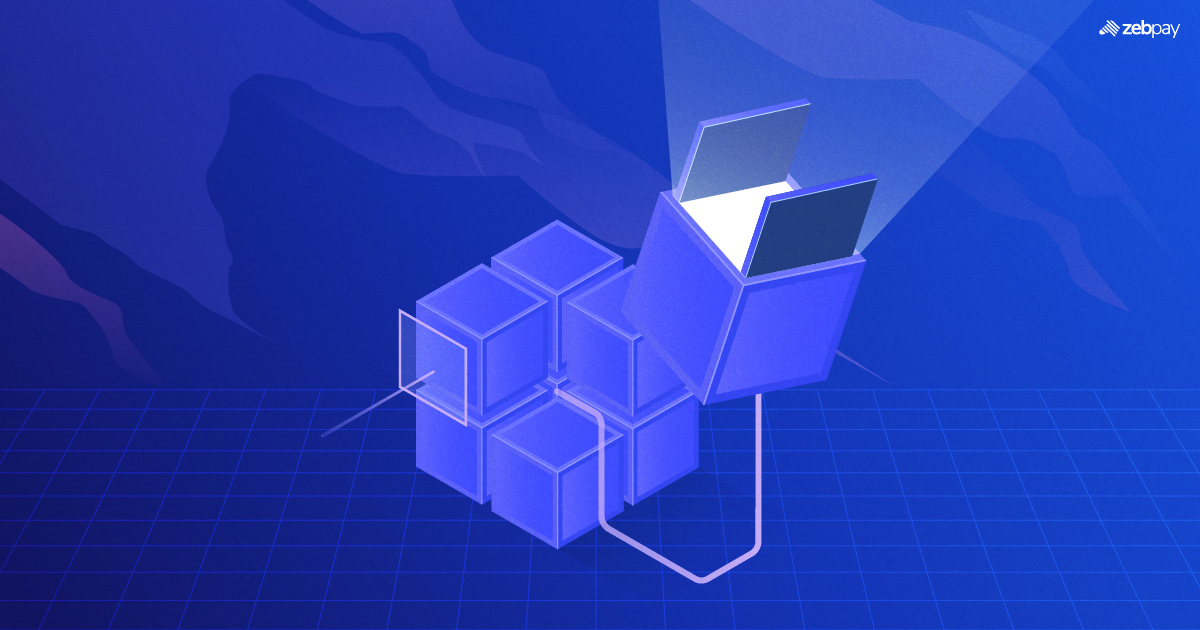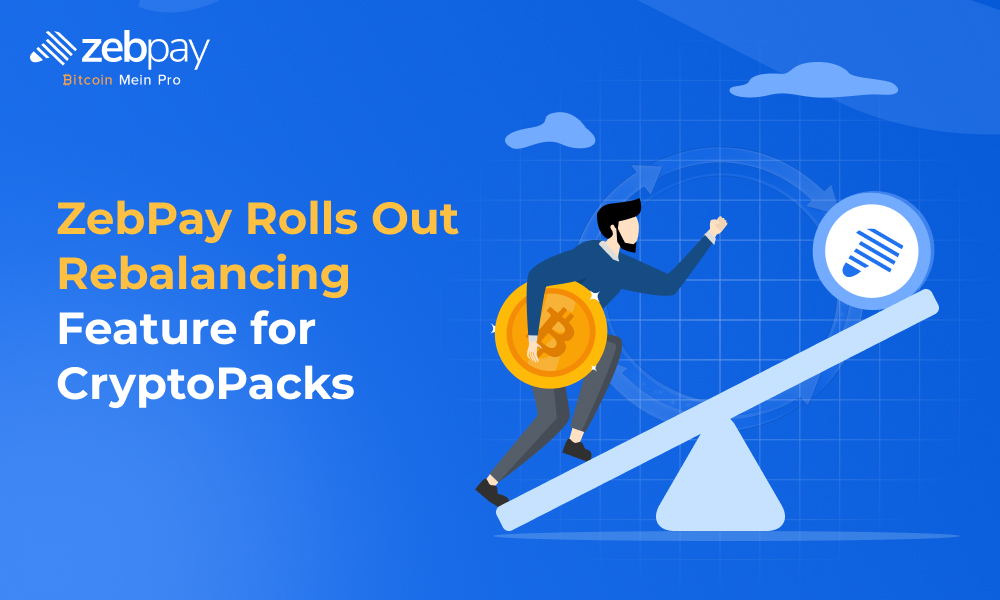Blockchain technology has revolutionized how we think about data security and transactions in the crypto world. Beyond Bitcoin, this decentralized ledger powers everything from stablecoins to emerging DeFi applications, making secure, intermediary-free operations possible for everyday users.
While Bitcoin remains the flagship use case for blockchain, its applications extend far beyond crypto. What is blockchain technology? At its core, it’s a distributed ledger that records transactions across multiple computers, ensuring data remains tamper-proof and transparent without relying on central authorities.
The purpose of blockchain technology lies in solving trust issues in digital systems, enabling peer-to-peer value transfer and verifiable records. From remittances to NFTs, understanding how blockchain technology works.
Read more: What is NFT?
What is Blockchain Technology?
It’s a decentralized database shared across a network of computers, where each transaction forms a “block” linked chronologically into an immutable chain. Unlike traditional databases controlled by one entity, blockchain requires consensus from network participants to validate and add new blocks.
This structure makes blockchain ideal for crypto assets like those traded on ZebPay, but its versatility covers voting records, supply chains, and more. A non-crypto blockchain tracks any shared database state, transaction histories, or sensitive data that cannot be altered once recorded.
Public blockchains like Bitcoin are permissionless, allowing anyone to participate and mine blocks for rewards. Private blockchains, such as Hyperledger or Corda, operate as invite-only networks managed by organizations, eliminating the need for crypto incentives.
Read more: Difference between Blockchain and Crypto
How Does Blockchain Technology Work?
Transactions get broadcast to the network, grouped into blocks, and validated through consensus mechanisms like Proof-of-Work (Bitcoin) or Proof-of-Stake. Miners or validators compete to solve cryptographic puzzles, adding the block to the chain and earning rewards.
Each block contains a cryptographic hash of the previous one, creating an unbreakable link. This immutability prevents retroactive changes, as altering one block would require re-mining all subsequent blocks, a computationally impossible task on large networks.
Users interact with blockchain via secure wallets for buying Bitcoin or altcoins, experiencing firsthand the transparency and speed this technology enables.
Use of Blockchain Technology
The use of blockchain technology spans financial services like remittances, virtual assets, and bill payments, bypassing banks for faster, cheaper processing. In public services, it supports identity verification, IoT device tracking, and secure voting systems.
Beyond crypto, blockchain powers NFTs on Ethereum, unique digital collectibles traded without intermediaries. Supply chains benefit immensely: trace produce from farm to table or recycled goods from source to facility with immutable records.
Smart contracts represent a key use of blockchain technology, automating agreements like trades or loans when conditions are met. Platforms like Ethereum execute these self-enforcing codes, though Bitcoin focuses more on simple payments.
Advantages of Using Blockchain Technology
Advantages of using blockchain technology include enhanced security through decentralization, no single point of failure, transparency via public ledgers, and cost savings by removing intermediaries. Transactions settle faster globally, ideal for cross-border remittances.
Blockchain as a Service (BaaS) from providers like IBM or Microsoft lets businesses integrate it without building from scratch. Investors can buy shares in these firms for indirect exposure, avoiding direct crypto volatility while benefiting from adoption growth.
However, risks like technical failures, hard forks, or human error persist. Always invest responsibly, never more than you can afford to lose, and use regulated platforms for secure access.
Blockchain and Smart Contracts
Blockchain technology is essential for smart contracts, enabling tamper-proof automation unavailable in traditional databases. Admin privileges in centralized systems can rollback transactions, but blockchain enforces immutability.
Smart contracts need oracles to fetch off-chain data, introducing potential risks like inaccurate feeds or downtime. Addressing these will drive wider adoption, security, and compliant crypto trading.
Conclusion
What is the purpose of blockchain technology? It disrupts centralized trust models, powering crypto, NFTs, supply chains, and smart contracts with unmatched security and efficiency. As adoption grows, users will be able to leverage blockchain safely in India’s evolving market.
In the grand scheme of things, ZebPay blogs are here to provide you with crypto wisdom. Get started today and join 6 million+ registered users to explore endless features on ZebPay!
FAQs
What is blockchain technology in simple terms?
Blockchain technology is a decentralized, immutable ledger that records transactions across a network, ensuring security without intermediaries, perfect for crypto trading.
What is the purpose of blockchain technology?
The purpose of blockchain technology is to enable trustless, transparent data storage and transactions, thereby replacing reliance on third parties in finance, supply chains, and beyond.
How does blockchain technology work?
Blockchain technology works by linking transaction blocks via cryptography, which is validated by network consensus to prevent alterations, thereby powering assets like Bitcoin.
What are the main uses of blockchain technology?
Key uses include remittances, NFTs, supply chain tracking, smart contracts, and secure voting, extending far beyond crypto applications.
What are the advantages of using blockchain technology?
Advantages include decentralization for security, low fees, transparency, and speed, benefits users enjoy when trading Bitcoin or altcoins.
Does blockchain require cryptocurrency?
No, private blockchains like Hyperledger operate without crypto rewards, though public ones like Bitcoin use tokens to incentivize participation.









